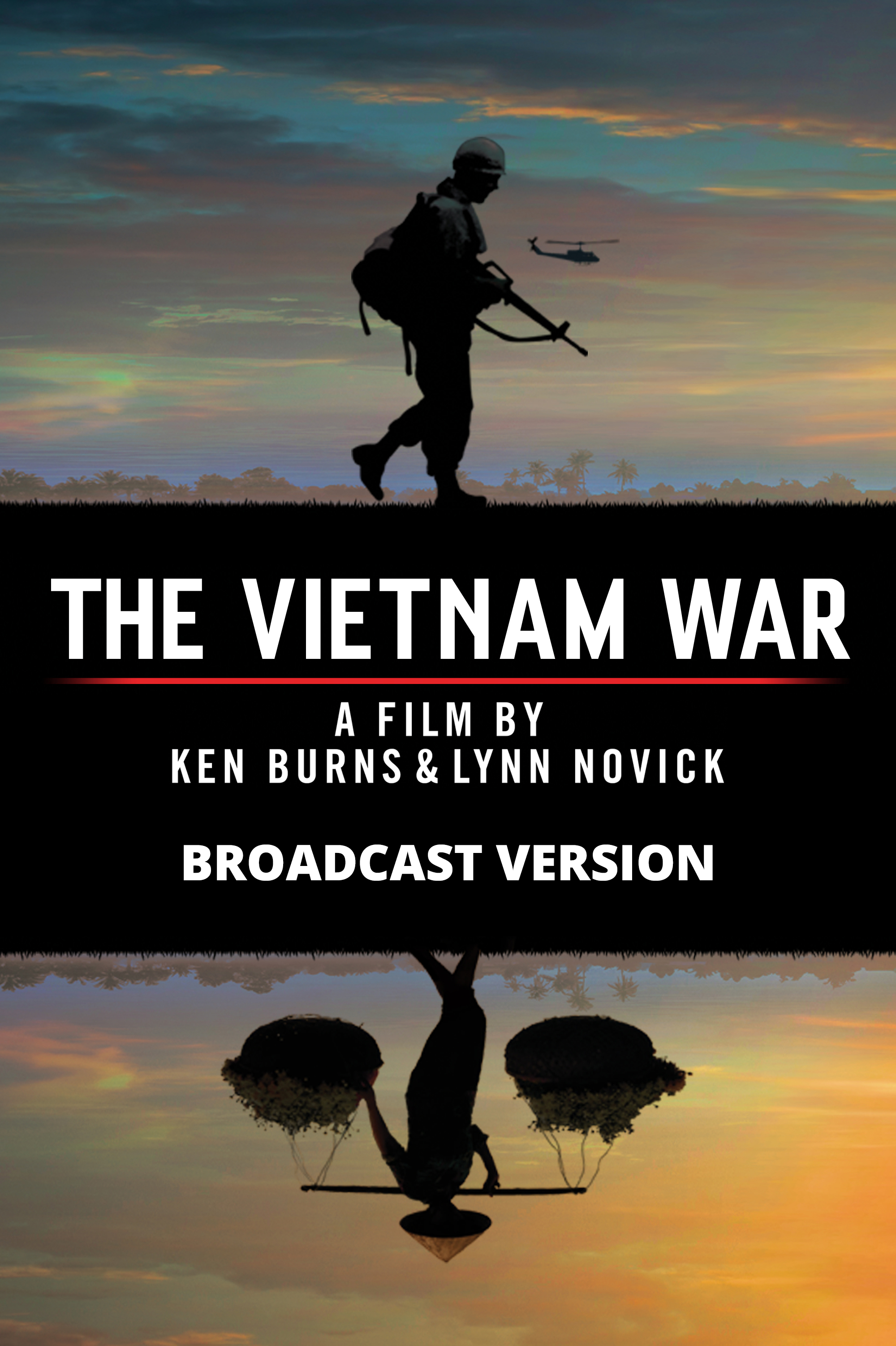Recently, I've been considering how I can access more of my right brain while writing. This might sound redundant to some, since writing can be a creative act, and thus would tap into right-brain energy. However, I often feel that writing can become a very left-brain act for me, as I focus a lot on linearity, logic, and building a concrete structure. These aren't things to avoid, necessarily, but I do feel they can sometimes limit where I take my thoughts creatively. As I begin writing the script for Calafia, which occurs in a realm of fantasy, I want to allow my right brain to do some more conjuring without letting my left brain get in the way.
One way I thought of doing this was through movement. So, this week, I met with director/choreographer/teacher Michael Mohammed (director of the recent Town Hall Theatre production of The Song of the Nightingale), who gave me some ideas about how to connect movement of my body to the work I have to do as a playwright. Michael guided me through a handful of movement and gesture exercises. One of the most insightful was imagining the space I was in as a gravity room, where center stage has normal earth gravity, stage right has 200% gravity, and stage left has 0%. Walking back and forth, I was invited to explore the heaviness or lightness of my body. Then we layered on another gradient: emotion. What if stage right was anger at 200% gravity and stage left was joy at 0%? And what if you swapped the emotions? What if we tried fear or sadness?
For me, this opened up a new way of fleshing out my characters. I have already taken the exercise home and worked on it with some of the roles in Calafia. I'm discovering through posture and gesture what priorities or desires might exist for my characters. For the titular role of Calafia, for example, I learned that she would much prefer to stand in the middle with chest and head held high. And if circumstances cause her to head toward either the 200% or the 0% directions with her body, she begins to feel out of place or exposed. Her priority is to retain the status quo, but it might also be a cover-up for deeper emotions that she does not wish to express for fear that it will make her look weak or out of control. I don't think I would have learned this about her this quickly in another way, and this leaves me feeling very excited to continue bringing movement into my playwriting process.




